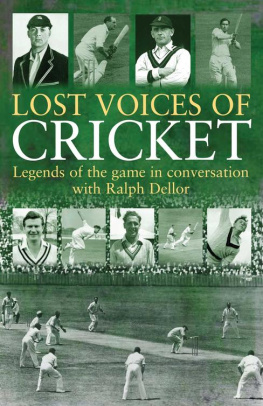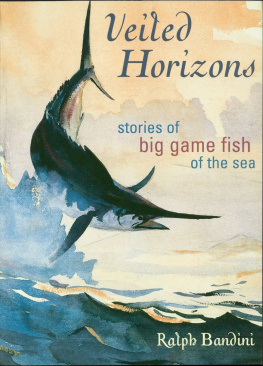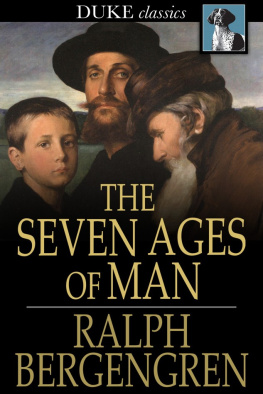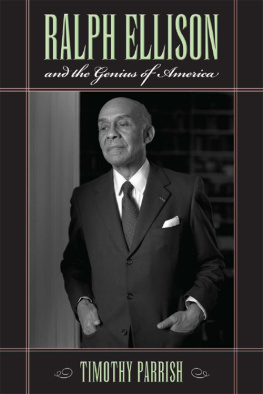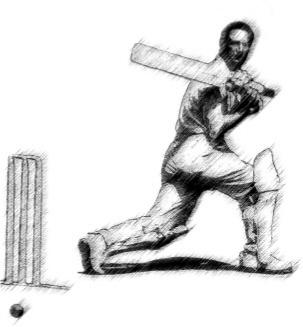T HE SEEDS OF THIS BOOK were sown in 1989. It was 60 years since Tom Pearce had made his Essex debut and he had served the club in one guise or another since then. It meant that he had been around for nearly two-thirds of the countys first-class existence. The then secretary of the club, Peter Edwards, a much-respected administrator in his own right, suggested that I might record the thoughts of Tom Pearce on tape for posterity.
He thought that there might be some interest among members to listen to those recollections, so he set up the opportunity for me to make copies of the cassettes available for sale. Interest was greater than anticipated, leading me not only to interview more former Essex players, but also to approach other counties to see if they would like me to interview any of their former greats. The take-up was such that I spent many hours in the company of some delightful characters and great men of cricket, listening to the games relatively modern history unfolding before my ears, and my microphone.
Each interview had a story of its own. For instance, it was not straightforward arranging to hear Bob Wyatts remarkable story. He was approaching 90 when I made contact with him, at his home in Helston, where he spent a lengthy period of his final years. I happened to be in Cornwall on holiday and arranged that I should contact him while there, only to find that he was setting off to London for the Oval Test against India. We agreed to meet outside the committee room at tea on the first day, and my intention was to make the recording at close of play. That was not Bob Wyatts plan. He said that he was prepared to give me the time for the interview, but only at his hotel in London on the Sunday rest day of the Test.
So, much against my inclination for a lie in, early on Sunday morning I made my way to London to meet Mr Wyatt, as his mere presence seemed to demand he was addressed, in his penthouse suite. A hot summers day would have made his original suggestion of an outdoor recording more attractive, but background noise made that impractical. So we sat inside. It was not long before all my misgivings were overcome by the sheer wonder of talking to a man who brought to life the history of modern, and not so modern cricket. Here was somebody who had conversedat lengthwith C.B. Fry and Plum Warner, with Douglas Jardine and Harold Larwood, now conversing with me. Rather than being bothered about driving 50 miles on a Sunday morning, I would willingly have walked 50 miles on Christmas Day, just to listen to this fascinating tale.
Trevor Bailey told me to come to his home in Westcliff, where he suggested we should record the interview and then have a spot of lunch. The spot of lunch lasted well into the afternoon as we chatted about cricket, broadcasting and everything else that came to mind. I make no apology for revealing that Trevor Bailey was my boyhood hero, and to enjoy such an experience was truly memorable for me.
Brian Statham and Cyril Washbrook welcomed me to the presidents room in the Old Trafford pavilion, the perfect venue to delve into cricket history. I met Alec Bedser in the Oval pavilion, while Colin Ingleby-Mackenzie welcomed me to his home beside Lords, as did his dog who made an appearance on the recording. Denis Compton gave his interview actually inside Lords, which was like his home anyway. I went to Bridgwater to meet Bill Alley in his home. Less grand than the Ingleby-Mackenzie abode, it was nonetheless homely and a delight to be in his company.
Doug Insole I interviewed twice. Once for the original project, and more recently when I was doing some research into the business of selection. His thoughts on the subject were fascinating and worth, I thought, including in this book, even if they fell outside the strict confines of interviews conducted back in the 1990s.
None of the interviewees were told of the questions in advance, which accounts for the fact that some of their memories were not totally accurate. Where possible, these inaccuracies have been corrected in the written form without losing the flow of the narrative.
Readers can download an audio file from the publishers website [www.bene-factum.co.uk] that will enable them to hear the voices of the interviewees. This should greatly enhance the experience of reading the book. It is also possible to obtain copies of the original audio interviews.
Thanks are due to Stephen Lamb, who has helped me immeasurably with the preparation of this book. Above all, I must thank the nine subjects who gave willingly of their time, extended a warm welcome to me without fail, and whose voices will live on for posterity.
Ralph Dellor
Newbury, 2014
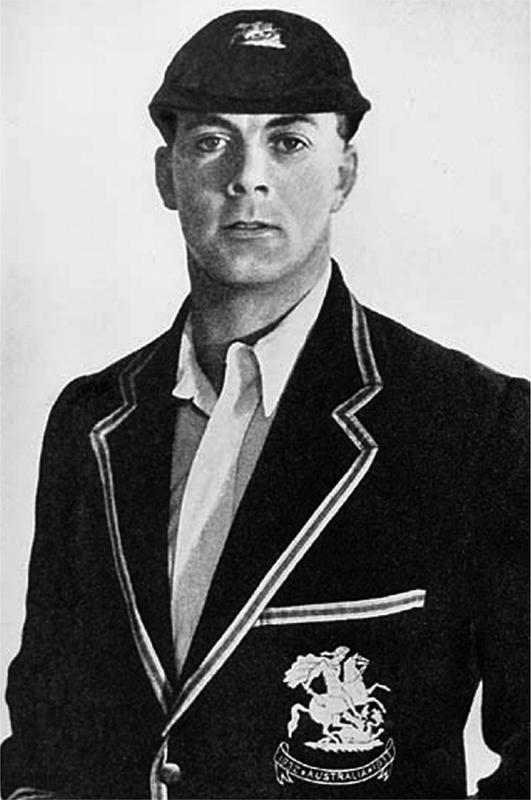
Bob Wyatt
19011995
I T IS ALWAYS INTERESTING to listen to Test captains talking about the game, because they generally have an unsurpassed depth of knowledge. When the captain in question was born in 1901, appropriately at the start of the cricket season, his views demand unparalleled attention.
Robert Elliott Storey Wyatt made his debut for Warwickshire in 1923, playing for the county until the war. In 1946 he resumed his career with Worcestershire, continuing until 1951, although his final first-class match was not until 1957. He captained Warwickshire between 1930 and 1937, and Worcestershire between 1949 and 1951. He led England in 16 of the 40 Tests in which he appeared and in this lengthy career averaged 31.70 in Tests and 40.04 in first-class cricket, with 39,405 runs and 85 centuries. He also took 901 first-class wickets, including 18 in Test matches.
These are impressive statistics, but there is much more to be told about the life and career of one of the outstanding characters of English cricket. Notably, he was Douglas Jardines vice-captain on the infamous Bodyline tour of 193233, and he became England captain in his own right. He was a selector and, as he neared the end of a distinguished life, he became one of the most respected elder statesmen of English cricket. Furthermore, it was not just his longevity that demanded respect. He was not universally popular, for he held trenchant opinions, which nevertheless remained relevant across the ages, and despite the factthat he was in his 90th year when he was interviewed his memory was still razor-sharp.
Born at Milford in Surrey, his introduction to cricket came at a very early age. He could remember walking about with his bat and one pad when aged three. He also remembered being taken to watch his father play for the South Saxons in Hastings by his nanny. They were sitting opposite the pavilion and he asked if he might go to see his father. Rather than walking round the boundary edge, this little chap with his bat and pad walked right across the middle. Looking for all the world as if he had just completed a century, he was clapped and cheered by the spectators. Wyatt Senior looked out to see what all the fuss was about, and saw his young son climbing the pavilion steps. Recalling the occasion, Bob Wyatt commented,

